The iconic fiesta — which celebrates its 72nd anniversary and is billed at “the world's biggest food fight” — has become a major draw for foreigners, in particular from Britain, Japan and the United States.

The bang of fireworks set off the bedlam at 11 am. Revellers, many wearing just bathing suits and goggles, bent down to pick up tomatoes from the ground to throw while others lay in the pulp.
Some 160 tonnes of ripe tomatoes were offloaded from trucks into a crowd of 22,000 people, about two-thirds of them foreigners.

The town of around 10,000 people has since 2013 charged non-residents a participation fee to control the growing crowds who flock to the event.
This year, extra police were deployed at La Tomatina in the wake of the deadly twin vehicle attacks in Catalonia.

A total of 740 security forces were on duty, including police officers, firefighters and ambulance workers, an increase of around five percent over the same time last year, according to Buñol city hall.
In addition, police cars were parked at the entrance to the town's narrow streets, where half-naked revellers pelted each other with tomatoes during the hour-long festivities, to prevent unauthorised vehicles from entering.
READ MORE: Everything you need to know about the epic Tomatina
“The security apparatus was reinforced and adapted following the attacks” in Barcelona and the nearby seaside resort of Cambrils that killed 16 people, Juan Carlos Moragues, the central government's representative in the region of Valencia, told reporters.

The Tomatina started in 1945 when locals brawling in the street at a folk festival grabbed tomatoes from a greengrocer's stall and let loose.

Then in 2002, Spain's tourism secretary named the Tomatina a “festivity of international tourist interest” because of its popularity.

The Tomatina has inspired similar celebrations in Colombia, Costa Rica, Chile and the United States.


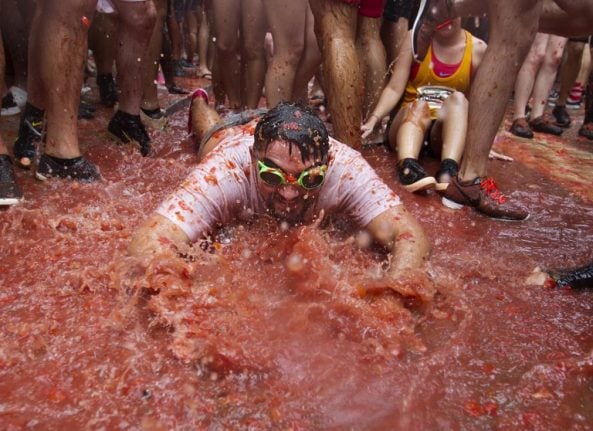
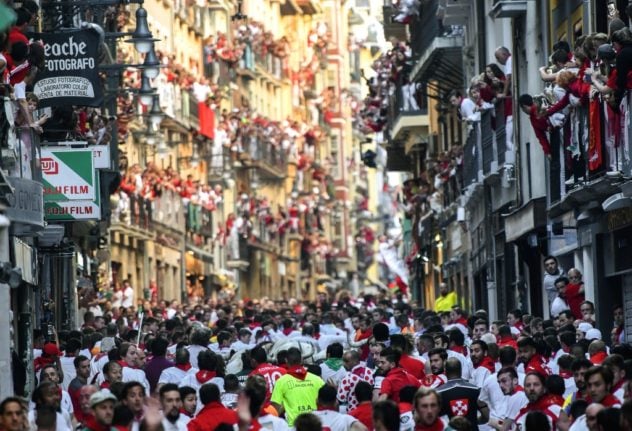
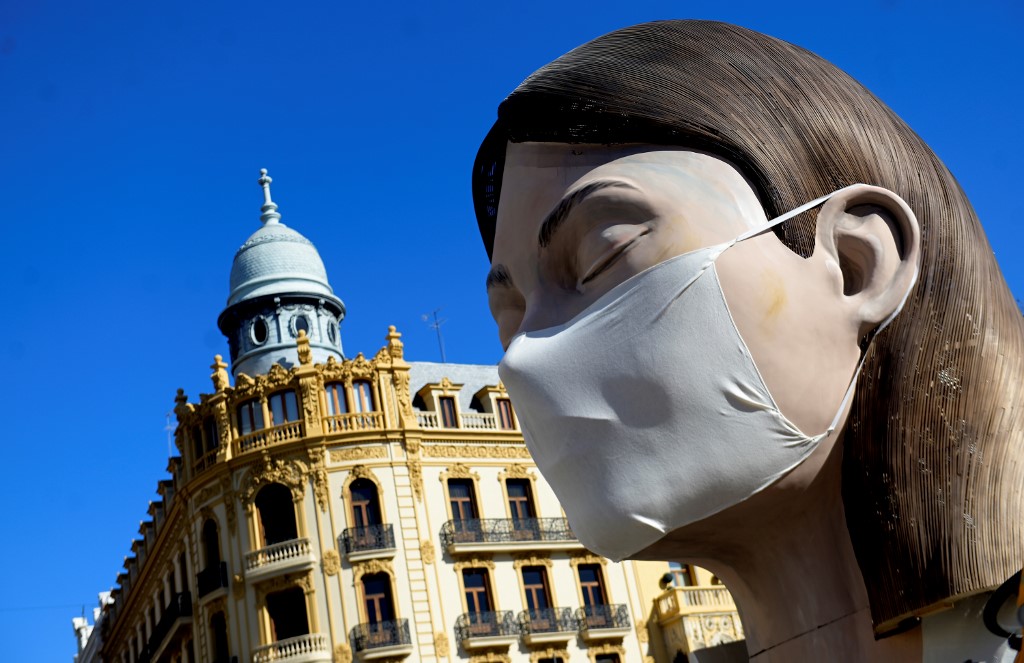
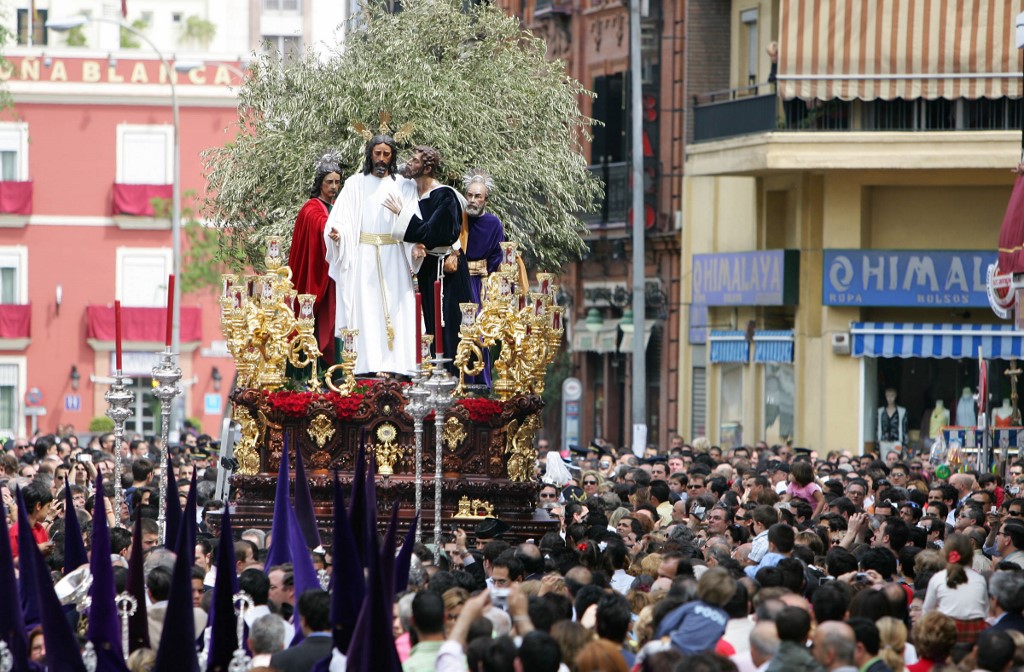
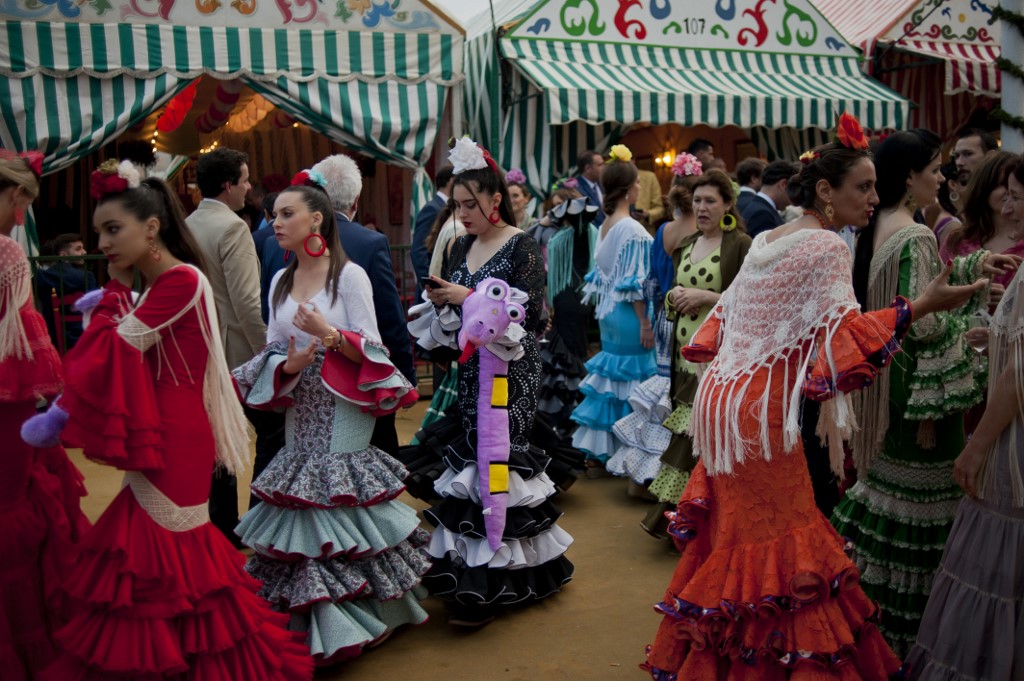

 Please whitelist us to continue reading.
Please whitelist us to continue reading.